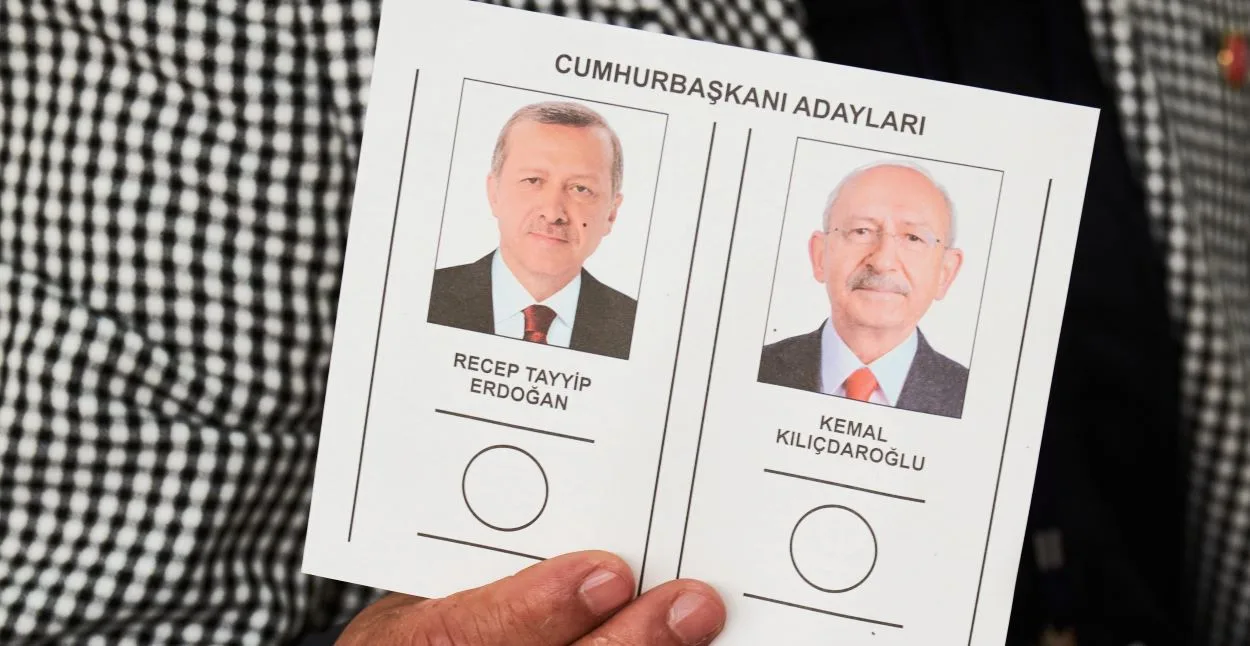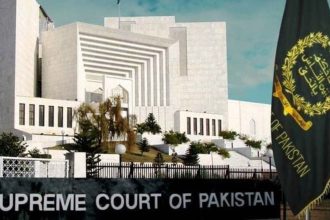Turkish citizens are voting today in a presidential runoff election which may result in President Tayyip Erdogan extending his nearly two-decade-long rule. This possibility is tied to Erdogan’s active foreign policy approach and unconventional economic management style.
In the first round of voting on May 14, Erdogan outperformed expectations by securing a nearly five-point lead over his adversary, Kemal Kilicdaroglu. However, Erdogan didn’t quite reach the 50% vote share required to evade a runoff. The outcome of this election holds deep implications for Turkey’s internal politics and international relations.
Despite Turkey’s ongoing cost-of-living crisis, Erdogan’s strong first-round performance and his conservative AK Party’s parliamentary win have strengthened his election campaign. Erdogan advocates that his reelection will maintain political stability.
The ramifications of this election will reverberate across Turkey and shape the geopolitical landscape. With a population of 85 million, Turkey is a NATO member and a key player in international politics. The vote will steer Turkey’s economic future amidst a depreciating currency and foreign policy, which has notably distanced itself from the West while getting closer to Russia and Gulf nations.
In the southeastern city of Diyarbakir, predominantly inhabited by Kurds, 54-year-old retiree Faruk Gecgel he declared his support for Erdogan. Meanwhile, housewife Canan Tince, 34, voted for Kilicdaroglu, highlighting the need for change to combat Turkey’s economic issues.
The polls opened at 8 am local time and are scheduled to close at 5 pm, with the results anticipated by early evening.
Kilicdaroglu, 74, leads the Republican People’s Party (CHP) and is backed by a six-party opposition alliance. However, his campaign has struggled to regain momentum after trailing Erdogan in the first round.
The first round of voting revealed an unexpected surge in nationalist sentiments, which has been catalyzed by ongoing strife with Kurdish militants, the attempted coup in 2016, and the mass influx of refugees from Syria since 2011.
Presidential candidate Sinan Ogan, who placed third, endorsed Erdogan based on his stance against pro-Kurdish groups, referencing his commitment to the “non-stop struggle against terrorism.” Additionally, Umit Ozdag, leader of the anti-immigrant Victory Party, supported Kilicdaroglu, following the latter’s promise to repatriate immigrants.
According to a poll by Konda, Erdogan leads with 52.7% support, while Kilicdaroglu trails with 47.3%, after accounting for undecided voters. This poll was conducted before endorsements by Ogan and Ozdag.
It remains to be seen how Turkey’s significant Kurdish population, constituting about a fifth of the total population, will vote.
Erdogan, known for his strong blend of religious and nationalist appeal, commands loyal support from religious Turks who felt marginalized in a secular Turkey. His survival underscores his political resilience through a failed coup and corruption allegations.
However, if Erdogan loses this election, it will likely be because of worsening living conditions in Turkey, with inflation soaring past 85% in October 2022.
In contrast, Kilicdaroglu promises to overhaul Erdogan’s wide-ranging domestic, foreign, and economic reforms. He also plans to reinstate the parliamentary system, replacing Erdogan’s executive presidential system.
Additional News Input Taken From Reuters








